Strength in diversity: The Indigenous heartbeat of health equity
In our pursuit for health equity, one fundamental truth shines brightly: trust is the cornerstone of progress.
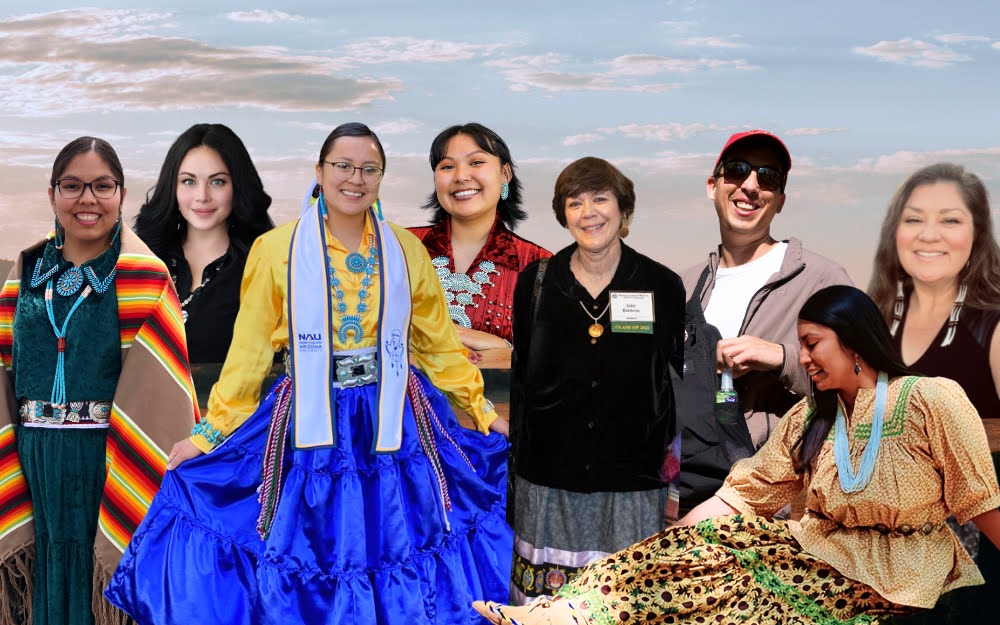
At the Center for Health Equity Research (CHER), we’ve discovered that building trust is vital in conducting comprehensive research and upholding the integrity of our research center. As we embark on this journey toward a more inclusive approach to health equity, we’ve discovered one element that makes all the difference – the presence and participation of indigenous voices within our center. By embracing the voices, experiences, and perspectives of indigenous people, we have not only broadened our horizons but also strengthened the very foundation upon which our mission is built.
Native Heritage Month
To honor Native American Heritage Month, we’d like to illuminate some of the indigenous voices in our center that advance our mission, support our vision, and allow us to provide comprehensive and inclusive data from our research. We recognize that these voices bring a wealth of knowledge, cultural wisdom, and connection to their communities and have elevated our work to new heights. Their presence is a testament to the power of diversity, inclusion, and collaboration that has allowed our center to produce such meaningful and applicable research.
Our team:
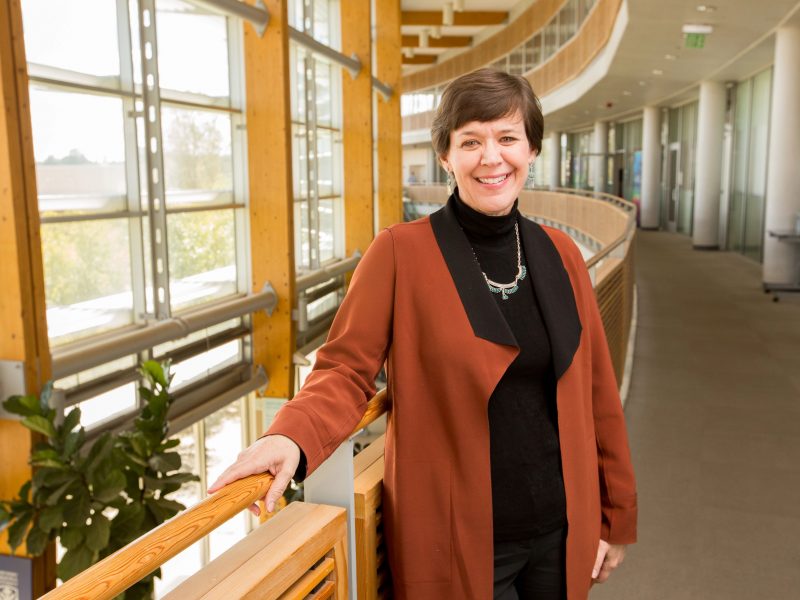
Julie Baldwin, PhD
Executive Director, CHER
Cherokee Nation of Oklahoma
Oklahoma (mother) and Missouri (father)
“It has helped me understand the critical importance of prioritizing family (especially children and elders), culture, community, and mother earth – and all of the interconnections – in everything that I do.”
Andria Begay, MPH
Research Coordinator, Sr.
Diné (Navajo)
Tsézhinii’áhí (near Shadow Mountain, Arizona)
“As an Indigenous health scholar and researcher, I am reminded of my devotion to honor and uphold my traditional worldviews and knowledge. While research has largely been defined and set by non-Indigenous standards, Indigenous researchers and scholars have begun to remedy the historical and ongoing injustices caused by the legacy of colonization and shifted the public health paradigm to heal communities and promote holistic health and well-being for generations to come. In this time of reconciliation, I hope to continue to ground myself in my research practices and to strengthen Indigenous systems for sustainable and culturally safe programming/interventions.”
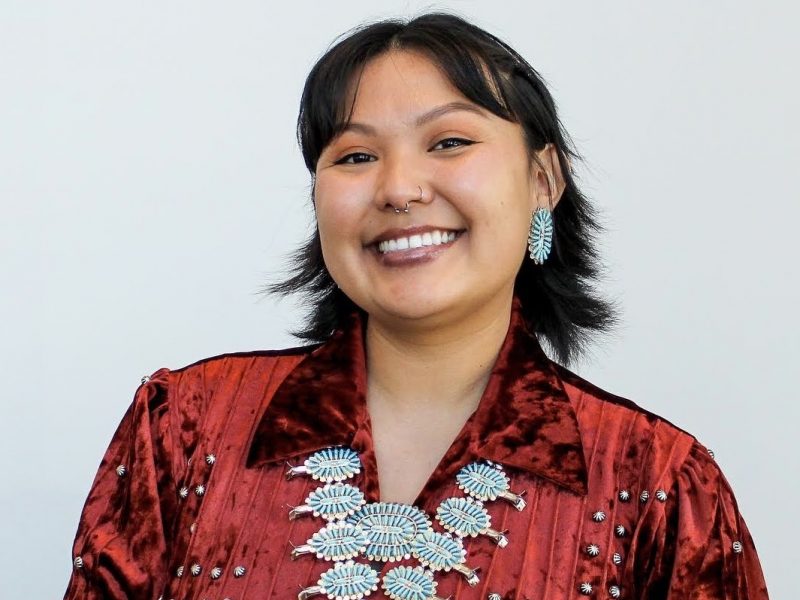
Chassity Begay
Research Coordinator
Diné (Navajo)
Whippoorwill, Arizona
“In Navajo Native American Research Center for Health (NARCH), I’m able to provide mentorship and connections with Diné College Public Health undergraduate students and in return, I’m learning more about my Navajo culture from students and my Indigenous colleagues.”
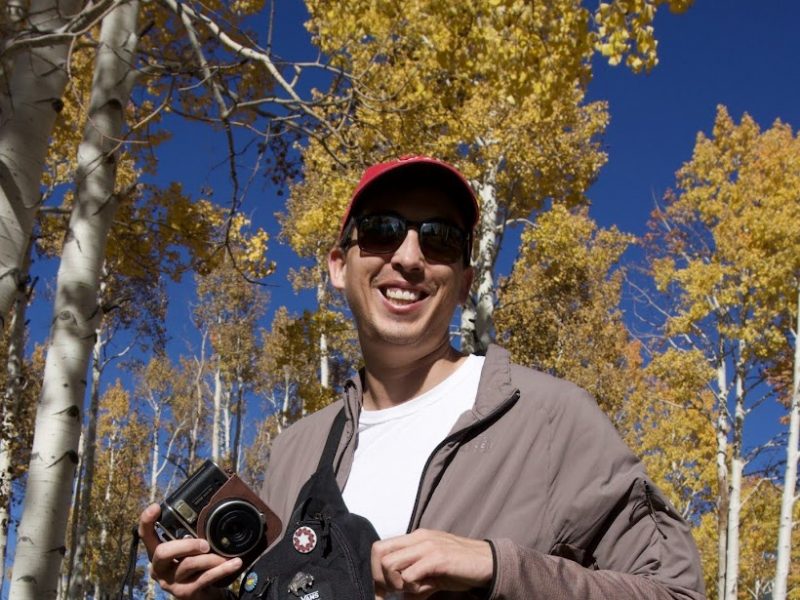
Skyler J Bordeaux, MPH
Research Coordinator
Rosebud Reservation
Sicangu Lakota White River, South Dakota
“My Lakota culture and teachings are my greatest strength. It guides my decisions in ensuring Native Communities are protected when it comes to Western research and guides how to best approach health inequities in a culturally respective manner. Lakota Phrase of significance – Mitakuye Oyasin – We Are All Related.”
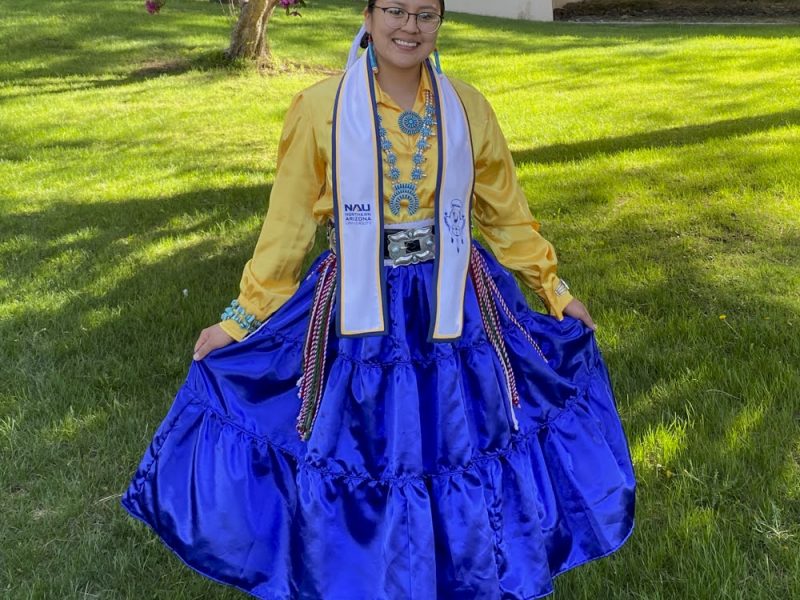
Jennifer Hudson, MPH, CHES
Research Coordinator, Sr.
Diné (Navajo)
Tsayota, New Mexico
“My Navajo heritage grounds me in both culture and community and as a result, my work is grounded in the same concepts. I believe this grounding helps connect me with the many cultures and communities I am fortunate to work alongside and interact with.”
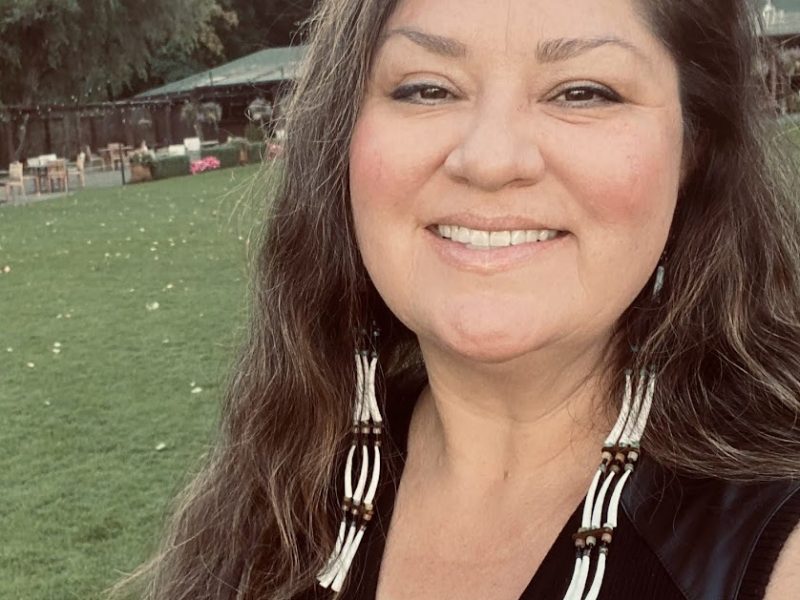
Winona Reid, M.Ed
Grant and Project Coordinator, Sr.
Navajo Nation
Ganado, Arizona; Salabiye and Reid Family
“My heritage has given me the perspective of acknowledging and paying respects to the generations before who have fought for injustices and laid the foundation for many of the opportunities we have today and knowing the responsibility to carry on with fortitude and strength for the next seven generations.”
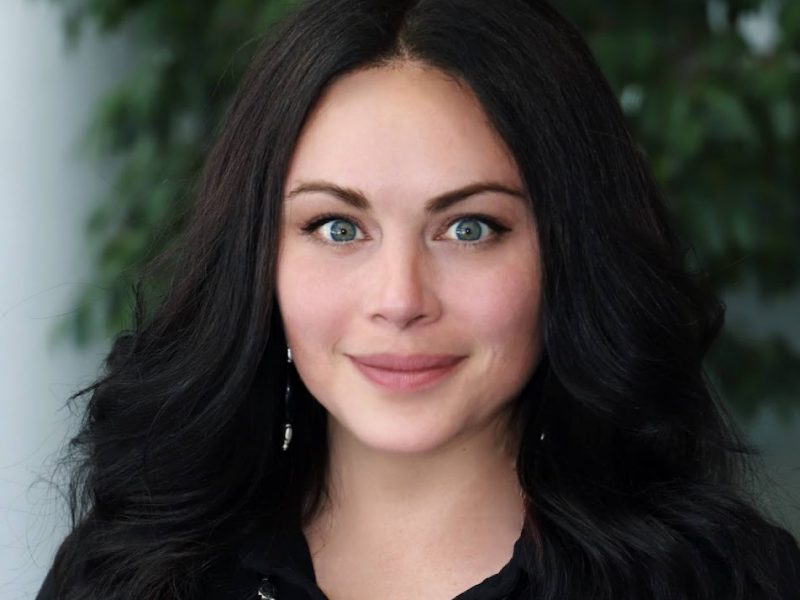
Melinda S. Smith, MS
Doctoral candidate in the Interdisciplinary Health PhD Program
Enrolled member of the Confederated Salish and Kootenai Tribes t̓at̓áyaqn – Bitterroot Salish
Northwest Montana
“I grew up on the Flathead Reservation where I observed and experienced firsthand the cumulative effects of historical and continual colonization and displacement of Indigenous people. At a young age, I noticed that nutrition-related chronic diseases, such as diabetes, plagued my family and tribe, and that there was a mountain of driving factors behind these disproportionate rates of disease. My determination and passion to reduce the risk for chronic diseases in my family and community influenced my decision to pursue a career focused on reducing health disparities and improving health equity in Native and other underserved communities.”
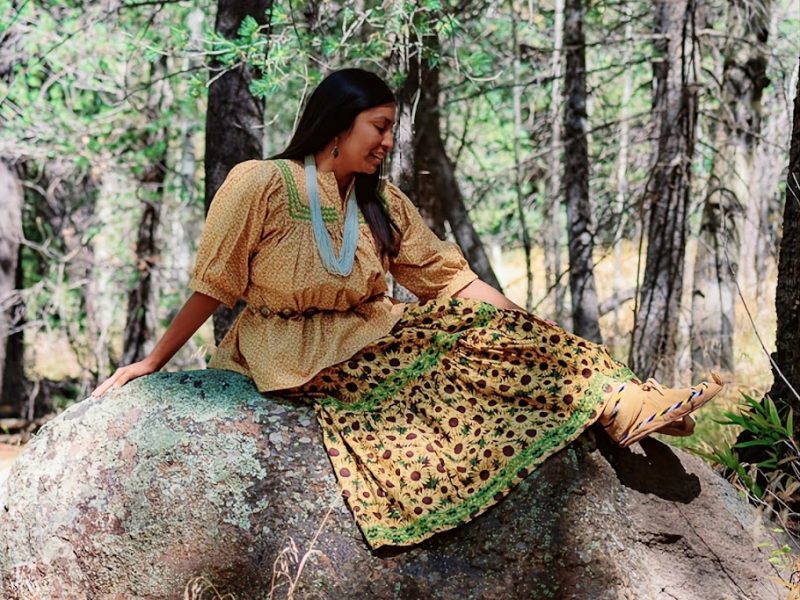
Marissa Tutt, MPH
Research Coordinator
San Carlos Apache
San Carlos, Arizona